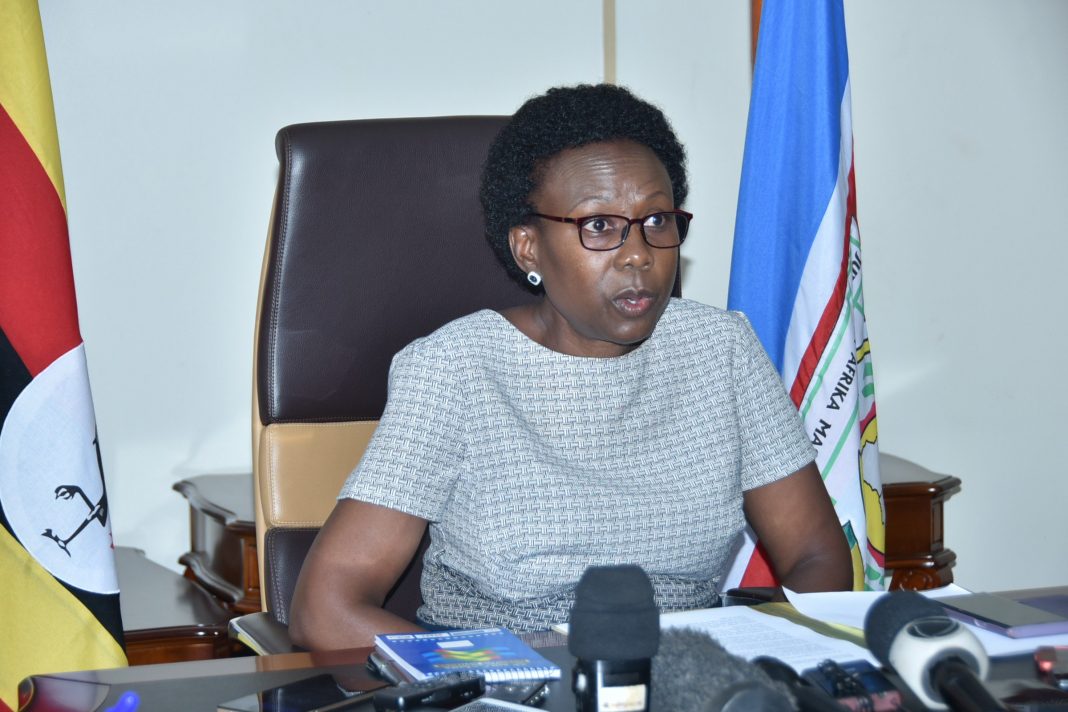|
Despite recent efforts-including distribution of mosquito nets, the Ministry of Health says there has been a 40 per cent increase in the Malaria, from 1 million cases in June 2018 to 1.4 million cases in June 2019. “While this is lower than the number of cases registered between 2016-2017, it is important to note that this is the peak Malaria season where an increase in the Malaria cases are registered,” the ministry says in latest press release. The increase in Malaria cases is attributed to prolonged intermittent rains in various parts of the country that have lasted right from June till to August 2019, reduced net ownership and use due to the aging of nets distributed in 2017 mass campaign, low malaria prevalence in areas such as Kampala, and as such people have become lax in prevention practices such as net use, closing doors windows early, early seeking of care and treatment. The increase in the disease has also been attributed to population growth and refugee immigration in specific regions, Movement of populations from high burden areas (Busoga, West Nile, Northern Uganda, Karamoja) to low burden areas (Kampala, South Western Uganda) and vice versa for festive season, employment like farming. “This was supported by evidence we got from Naguru hospital in July 2019 where 85 per cent of the malaria patients had travel history outside Kampala,” the ministry says. People in areas with very little malaria such as Kampala (parasite prevalence less than 1 per cent) are prone to severe malaria due to reducing/low immunity. It is therefore important that everyone protects themselves whenever they travel upcountry in areas with high malaria burden/transmission In order to mitigate this situation. The Ministry says it has put in place a number of interventions that will lead to a decrease in the overall number of Malaria cases. They include; supporting districts with increased cases to order and receive emergency supplies (Artemisinin-based Combination Therapy (ACTs) and Rapid Diagnostic Tests (RDTs) to ensure facilities are well stocked but also revised the quantification of ACTs for this financial year, 2019/20 to take into account this increase in cases. Also, the ministry says, there has been redistribution of Malaria Commodities from facilities and districts with overstocks to those that are facing a stock out of malaria commodities, monitoring of malaria cases, admissions and deaths and using data to guide decisions at all levels that has helped identify and contain many outbreaks, strengthening the capacity of Village Health Teams (VHTs) at community level through training and providing adequate stock of antimalarials. The ministry says it will continue the routine distribution of Long Lasting Insecticide treated mosquito Nets (LLINs) to pregnant women attending Antenatal care and children in immunization clinics as well as fast tracking the implementation of the 2020 LLIN Mass Campaign and introduce new channels of LLIN distribution such as school distribution in selected districts plus community outreaches in high burden areas to conduct testing and treatment. How Malaria is transmitted Malaria is transmitted by female Anopheles mosquitoes which normally bite at night when a person is sleeping. An infected mosquito bites a human being and transmits the plasmodium into the blood of the person. The signs and symptoms of Malaria in your body The signs and symptoms of Malaria are; fever, headache, vomiting, Chills (shivering), sweating, Backaches, Body weakness, loss of appetite and diarrhea. The Ministry urges the public to sleep under a mosquito net every night to avoid Malaria, always seek early treatment from the nearest Health Facility within 24 hours of onset of symptoms, take and complete dosage of Malaria medicine as advised by the health worker, clear all mosquito breeding sites (stagnant water, bushes and broken containers) around your homestead.” All pregnant women must attend all antenatal care visits 6. Avoid self-medication and sharing of medicine,” it says.
|
Danger as Malaria cases in Uganda increase 40%








